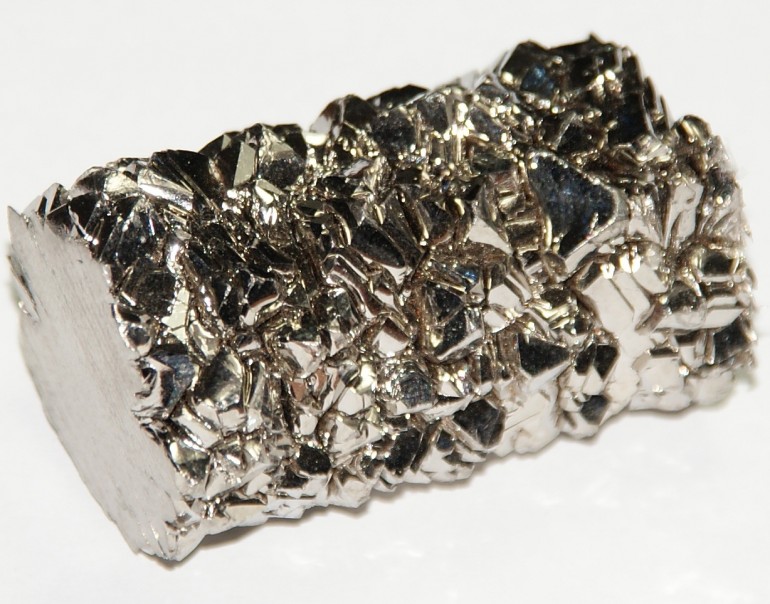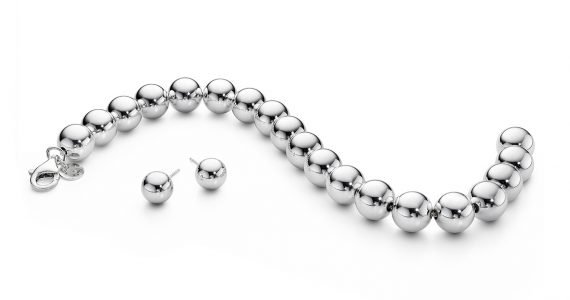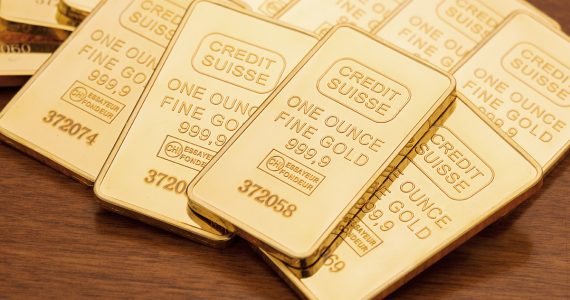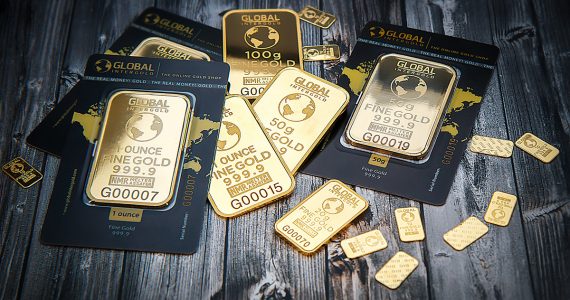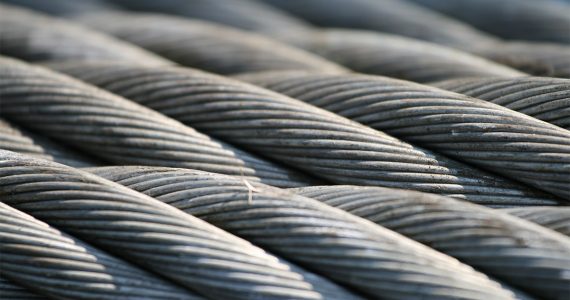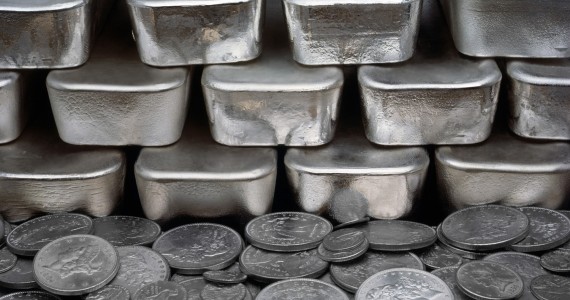Titanium is often a word that correlates with strength and durability. If you’re an avid comic book reader or have been watching the latest movies, then you should know about Iron Man. You’ll be surprised to know that Iron Man’s suit from the Marvel Cinematic Universe is made out of gold-titanium alloy.
His suit is able to withstand blows from the Hulk without suffering much damage. It’s also amazing that he is able to fly easily without much difficulty. This may be fiction but the properties of titanium which are found in Iron Man’s suit are based on facts and in rooted in reality.
If a fictional genius billionaire playboy uses titanium as a component for his superhero armor, then doesn’t this speak volumes on how the writer sees titanium as this strong and durable metal capable of fighting monsters and doing heroic deeds?
The Godly Metal
Fighting monsters and doing heroic deeds is the stuff of legends. And speaking of legends, titanium is often regarded as the “metal of the gods”.
And coincidentally the man who discovered titanium was a man of the cloth, Reverend William Gregor of Cornwall, England. In 1791 he discovered titanium while studying ilmenite from the Manaccan Valley, he found an unknown metal there which he named “Manaccanite”.
However it wasn’t until 5 years later that the German chemist Martin Heinrich Klaproth found manaccanite and believed it to be an undiscovered metal. He named the metal as “Titanium” which was derived from Titans of Greek Mythology. If you did not know, Titans in Greek Mythology are often referred to as “the incarnation of natural strength” whose power rivaled that of the gods.
Titanium wasn’t fully isolated until in 1910, where the American chemist Matthew A. Hunter was able to extract titanium metal from one of its ores.
What is Titanium?
Titanium is number 22 in the Periodic Table and it has an atomic weight of 47.9.Titanium is the 4th most abundant metallic element and the 9th most abundant element found on the earth’s crust.
Titanium is usually found in the form of rutile and ilmenite. Rutile is found in a variety of different mineral deposits found in hundreds of localities worldwide while ilmenite is found igneous and metamorphic rock.
Even though titanium is one of the most abundant metals on earth, it’s still extremely expensive! This is because the process of extracting and producing titanium alloys is very expensive as well.
Properties and Uses of Titanium
Titanium’s metallurgical characteristics and properties makes it a metal of choice for a variety of applications. Today titanium is used in a lot of fields including medicine, sports, consumer goods, chemical processing, industrial construction, and even as components for aircrafts, spaceships, and satellites. Its strength, versatility and usefulness makes it truly worthy of being called “the metal of the gods”.
Some of the more useful properties of titanium include:
Lightweight but Strong
The atomic weight of titanium is 47.88, which makes it very light when compared to other metals. Titanium is a low-density metal and it approximately has 60% the density of iron. This gives more room for processing and allows titanium to be strengthened and reinforced even further.
Titanium and titanium alloys usually possess tensile strengths ranging from 30,000 psi to 200,000 psi. This tensile strengths are equivalent if not greater than most steel alloys.
This property makes titanium a suitable material to be used for aircrafts who require lightweight materials to fly properly. Because of its strength it also help keeps the aircraft intact in the unlikely event of crashes.
Flexibility
Titanium has a low modulus of elasticity of 14.9 x 106 psi which is about half of steel. This makes titanium extremely flexible and allows it to withstand tremendous impact and withstand powerful forces. Its flexibility allows titanium to minimize the impact by acting like a spring. This is what makes titanium a good protective material.
Corrosion Resistant
Unlike other ungodly metals, Titanium can resist the wear and tear of time. It greatly resists corrosive substances like acids, chlorine gas, salt solutions, oxides, and other corrosive substances. Titanium is almost as strong as platinum when it comes to resisting corrosion.
This makes titanium and its alloys very useful in chemical and petrochemical applications.
Low Coefficient of Expansion
Titanium has a low coefficient of expansion, this makes it easier for titanium to be combined with composites, ceramics, and glass. This makes titanium very versatile and allows it to be used in wide variety of applications.
High Melting Point
Titanium has an extremely high melting point of about 1725° C, this is way higher than steel. This makes titanium an excellent aerospace component for satellite and spaceships which are often exposed to extreme temperatures and solar radiation.
Hypoallergenic and Non-toxic
Titanium is a highly hypoallergenic metal. This makes it useful as jewelry since it doesn’t cause irritations to the skin. It is also nontoxic which makes titanium a useful component in marine environments and biomaterial applications.

